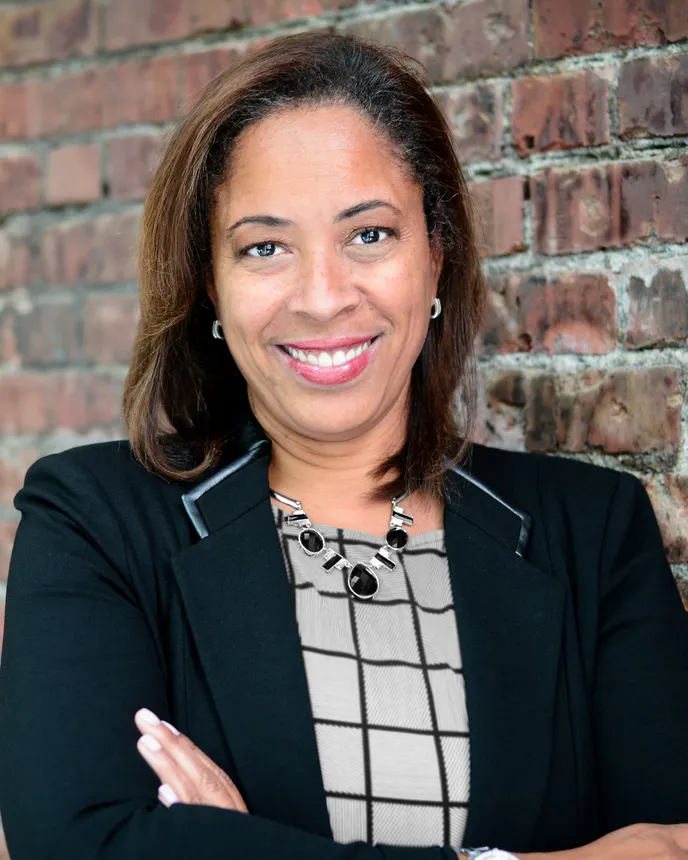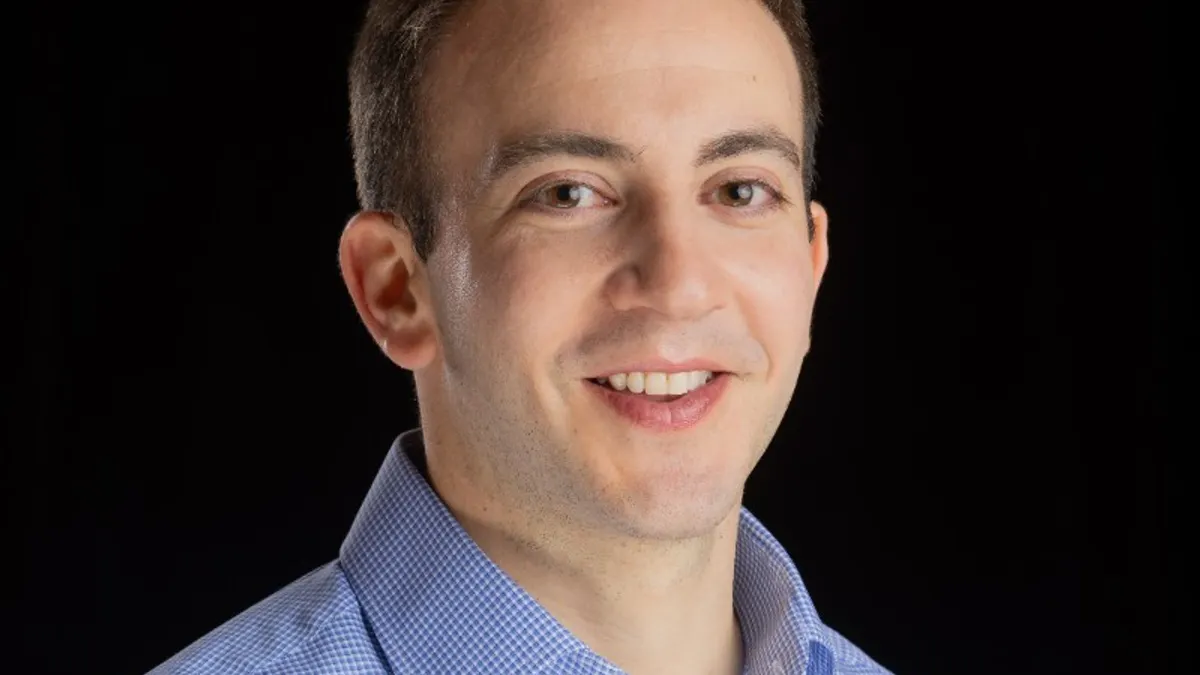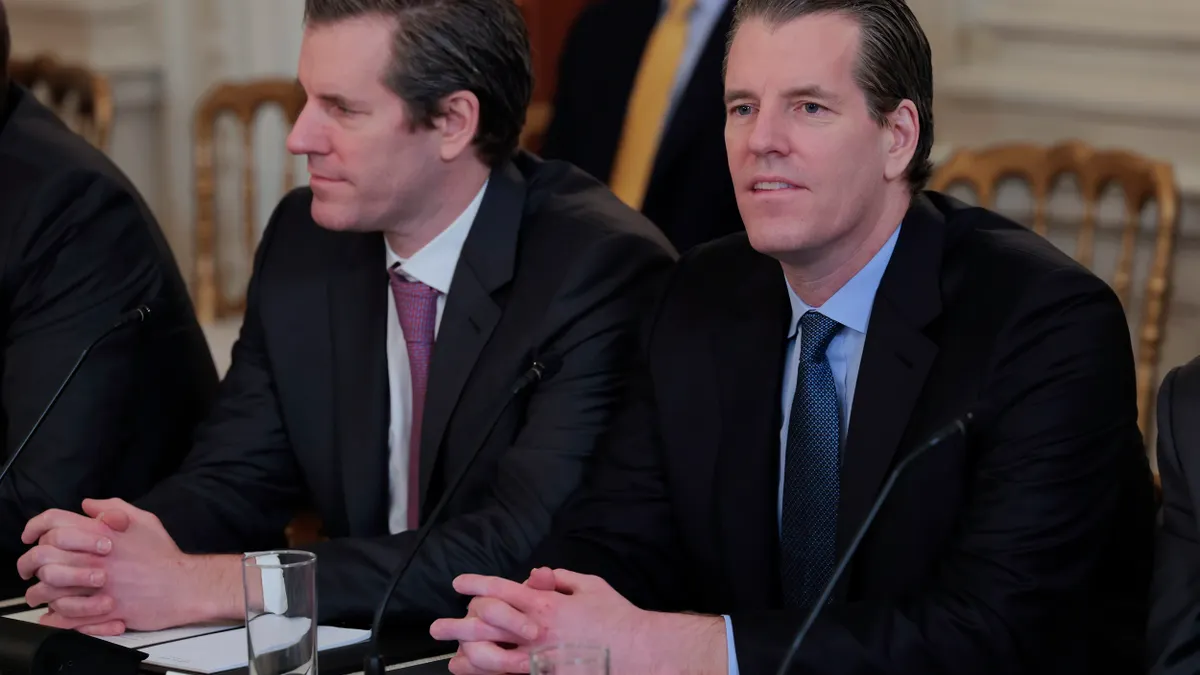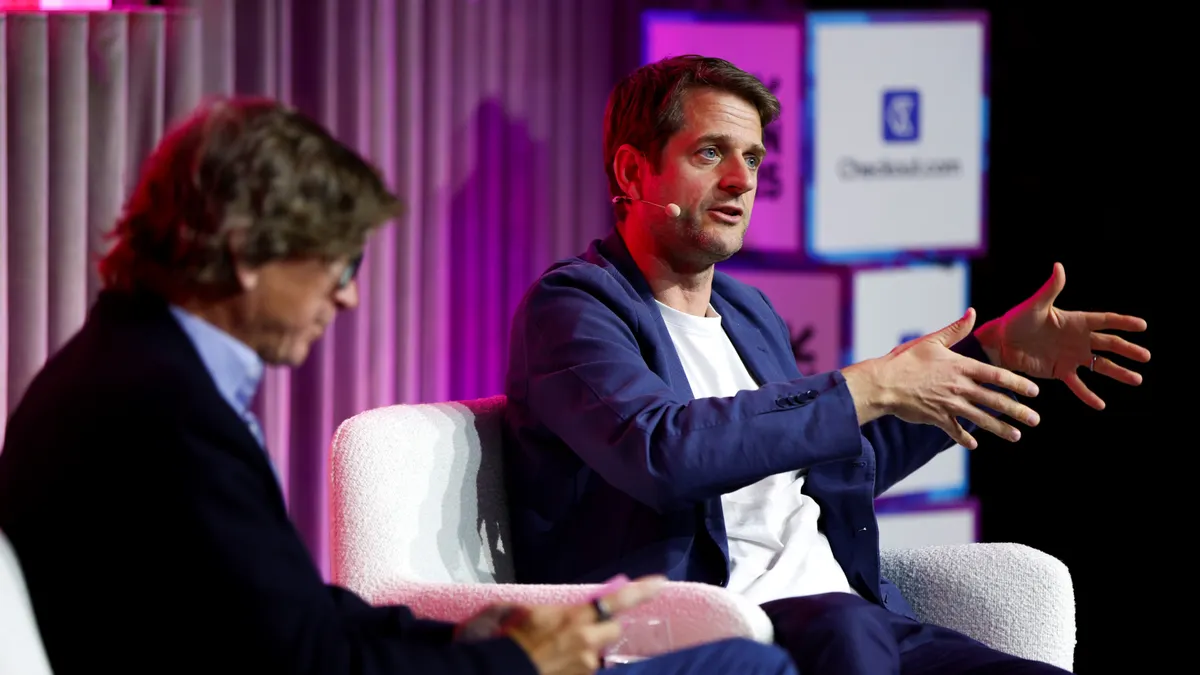Financial planning has never been sexy, according to banking veteran and fintech founder Yvette Sadler Butler.
But it’s the key to financial health: Individuals with a financial plan have three times the net worth of those who don’t, she said. And that soundness can unlock not only a comfortable retirement but, in her vision, a legacy.
“We want people to aspire to more,” she said.

That’s the vision behind Hive Wealth, the fintech she founded in 2017 and launched the newest iteration of – Hive Wealth 3.0 – Wednesday. What started as an investment-focused media company and morphed into a financial chatbot has now further shifted into a financial guide bent on benefiting people throughout life’s stages.
Hive Wealth’s AI-financial assistant, Bee-AI, compiles a personalized financial profile for users as they chat back and forth, utilizing details such as career stage and financial priorities to generate goals like a retirement savings target and net worth milestones, she said.
Pulling data from other users within the same demographics, Bee presents them with real-time comparison visuals, allowing them to see how their progress compares to that of their peers. Bee is designed to have monthly check-ins with users, and as circumstances evolve – say a user has to dip into their emergency fund, or fund care for an ailing parent – Bee can adjust users’ financial plans, making the plan a “living thing,” Butler said.
There’s a social component to Hive Wealth, too: users are grouped with others in similar career stages – be them entrepreneurs, professionals climbing the ladder, or steady executives – for both community and context, to see in real-time what peers are doing to drive their own financial health. “This notion that you have to figure out money all by yourself is ridiculous,” she said.
Now is a time of opportunity: The biggest wealth transfer in history is underway. In the next 23 years, as much as $124 trillion in assets will be passed down from the Silent Generation and baby boomers to younger generations and charities. It’s the opportunity of a lifetime, according to Butler — if people have the right tools to take advantage of it.
Butler built the fintech after three decades of spearheading innovation at some of the nation’s most powerful financial firms.
She was president of Capital One Investing when the lender became the first big bank to build its own robo-adviser, and she co-founded what became Merrill Edge, which now manages over $350 billion in assets. Butler also led investor marketing at E*Trade and is the former president of Silicon Valley Bank Private Banking & Wealth Management, having left a year before the bank failed.
“Having done all this innovation through my career, I've decided that everybody needs access to a family office,” Butler said. “It's really only for the very, very ultra-rich right now – they have a team that scans the market for opportunities, for products they might need, for services they might need, and makes sure [clients] always have their plan intact and up to date. But now everyone can get that with AI.”
The goal of Hive Wealth – to be the digital family office for the next generation of savers and investors – is greater than growing personal wealth. Butler wants to close the racial and gender wealth gaps by 2045. She plans to use Hive Wealth to get there, because the better hold users have on their finances, the better chance they have to leave a legacy.
“Those that are inheriting wealth have a very different mindset about money,” she said, noting that $50 trillion will go to women through horizontal transfer – meaning the wealth transfers to the wife before it goes to the estate, because women on average live longer.
“Women, millennials, and Gen X also are much more focused on community and impact, with $11.9 trillion expected to go to charities,” she said. “Traditional financial services has focused on the accumulation phase through retirement, [which is] clearly very important.”
Hive Wealth wants to shine a light on what’s beyond retirement by helping users draft “legacy letters” and implement them in their financial plans, she said.
Butler’s, for example: “I went to McIntire School of Commerce at [the University of Virginia]. I would love to have a scholarship that provides full tuition, room and board for every diverse student that attends McIntire School of Commerce. That's the legacy, the impact I would leave,” to help close the wealth gap.
There’s no doubt AI is a game-changer for financial services. For example, the availability of GPT allowed Butler’s team to revamp Hive Wealth – which took eight years to build – entirely in two months. But she doesn’t think AI will replace financial advisers entirely.
When self-directed trading launched several decades ago, Butler recalled, her colleagues were up in arms about “the death of the financial adviser.”
“But self-directed trading just ended up expanding the pie,” she said. “There's also this inflection point. During your accumulation phase, you need advice, but a lot of people just don't engage it. But then when things get complicated and you have money to lose, or you're getting ready to retire, lots of people want human interaction. So [AI] might be the primary way for certain generations, which is fine, but overall, it'll just expand the market.”





















